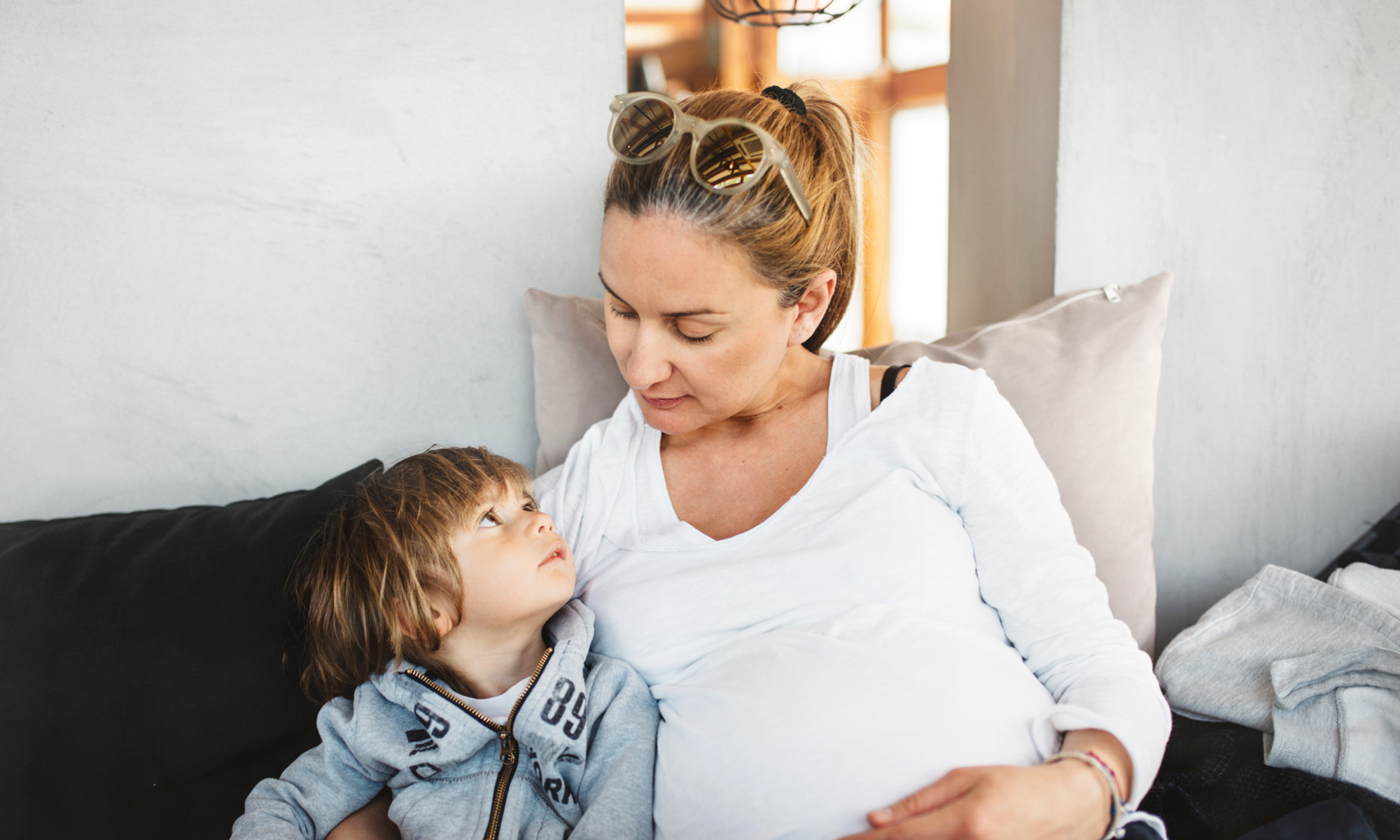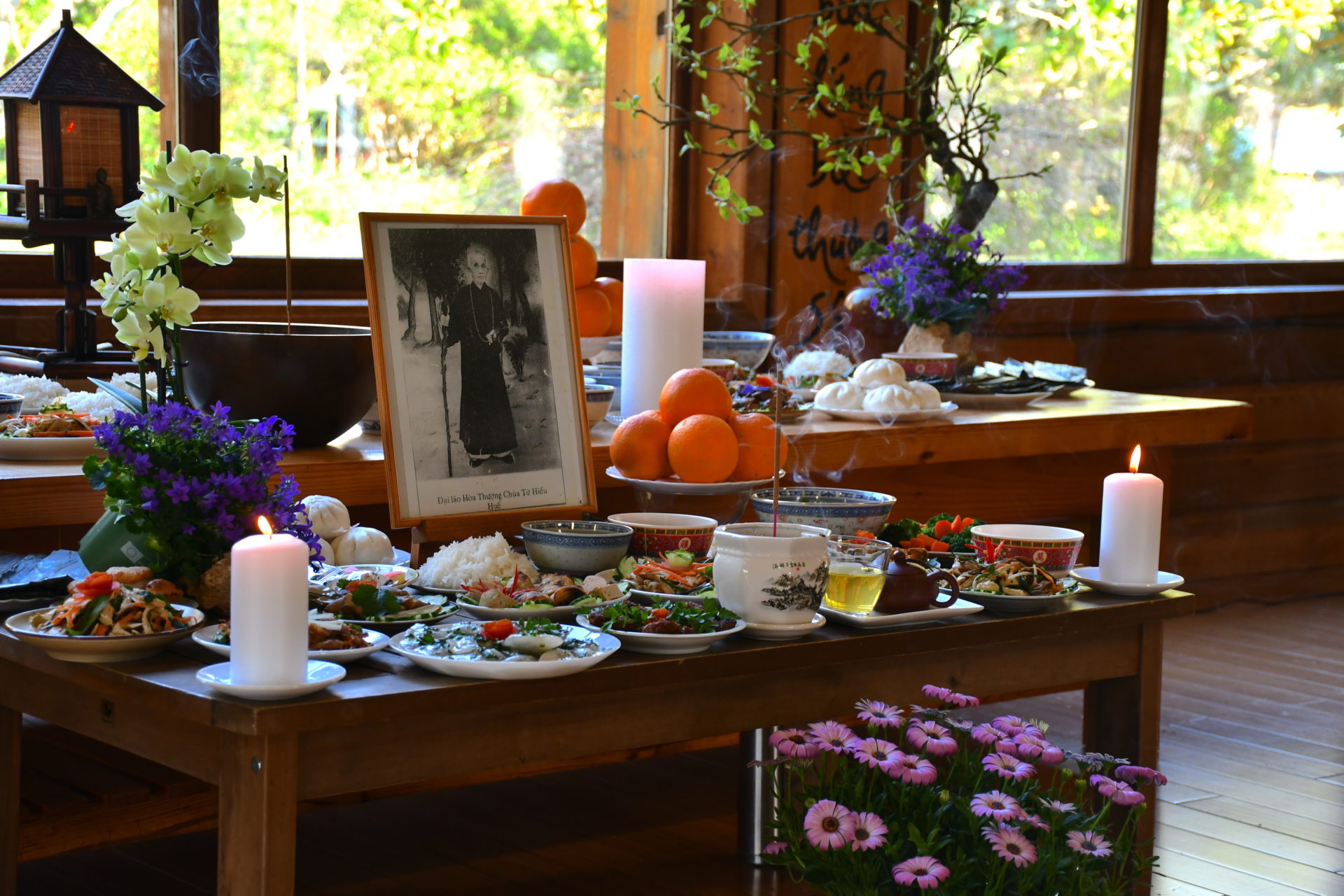This Is The Age When Sleep Quality Is At Its Worst, Research Shows
Which part of the U-shape do you fall into?

Image by Nasos Zovoilis / Stocksy August 10, 2023 You likely don't get as much sleep as you did as a kid, and for good reason. Sleep duration changes throughout our lives thanks to our ever evolving lifestyles and sleep needs. But how much sleep you need and how much sleep you get are two separate things. In a new study published in the journal Scientific Reports1, researchers have zeroed in on the age group that gets the least amount of sleep. Here's what they found, plus our top tips for getting quality sleep—no matter how old you are.
Advertisement
This ad is displayed using third party content and we do not control its accessibility features.
How sleep changes with age
For the study, researchers analyzed data from the National Health and Nutrition Examination Survey2, which included over 11,000 participants, ages 6 and up. For seven days, the participants wore accelerometers, which track movement and, subsequently, sleep.
Based on their findings, it appears that people's sleeping patterns, namely sleep duration (or how long they sleep), form a U-shape, with sleep decreasing as we approach middle age and increasing following middle age.
Specifically, they found, 40 appears to be the age that Americans are getting the least sleep on average. And at around age 50, sleep duration starts to increase again.
How to get quality sleep no matter your age
Whichever part of the U-shape you fall into, we can guess you just want to feel your best—and good-quality sleep can help you do that. Here are our top tips for making sure you're snoozing efficiently:
Advertisement
This ad is displayed using third party content and we do not control its accessibility features.
1. Have a consistent schedule
One of the best things you can do for overall sleep hygiene is to have a consistent bedtime—and wake time. Even on the weekends, try to go to bed and wake up at roughly the same time every day. This will help regulate your circadian rhythm so you can readily fall asleep every night and wake up easily.
2. Try a sleep supporting supplement
In addition to having a regular sleep schedule, supplements like mindbodygreen's sleep support+ can offer us a leg up on our sleep hygiene.* The formula includes magnesium bisglycinate, as well as calming jujube and PharmaGABA®, for a supplement that can help you fall asleep faster and stay asleep longer (in other words, it'll make your sleep dreams come true).*
Advertisement
This ad is displayed using third party content and we do not control its accessibility features.
3. Move
As board-certified sleep specialist Michael J. Breus, Ph.D., previously explained to mbg, "If you don't do anything to recover from, your body doesn't need to recover all that much." In other words, if your body isn't tired at the end of the day, falling asleep will be that much more difficult. Just remember, intense exercise close to bedtime can actually be too stimulating, so leave the harder workouts for the daytime and more calming activities for the evening. Research shows this is the best time to exercise before bed, if you're curious.
4. Choose bedtime snacks wisely
From an afternoon cup of coffee to a glass of wine in the evening, and even certain bedtime snacks, there are a lot of things that can negatively affect your sleep. Ditch the caffeine earlier rather than later (some studies suggest doing this at least six hours before bed3), and if you're having alcohol, Breus advises limiting yourself to two drinks, having a glass of water with each, and stopping drinking at least three hours before bedtime.
Advertisement
This ad is displayed using third party content and we do not control its accessibility features.
5. Have a solid wind down routine
Last but not least, never underestimate the importance of a relaxing wind-down routine that sets you up for great sleep. This will look different for everyone, but think dim lights, soothing scents, calming teas, and a cool bedroom. And don't forget your sleep supplement. As far as what to avoid, think anything stimulating, such as phones, TVs, bright lights, etc.
The takeaway
Our individual sleep needs change as we age—with sleep quality being the lowest around middle age—but the need for sleep itself does not. No matter how old or young you are, prioritizing sleep is a pillar of overall well-being and essential to feeling your best every day. These five tips can be helpful for encouraging deep and restorative rest.
If you are pregnant, breastfeeding, or taking medications, consult with your doctor before starting a supplement routine. It is always optimal to consult with a health care provider when considering what supplements are right for you.

 JaneWalter
JaneWalter 

























.jpg&h=630&w=1200&q=100&v=a905e78df5&c=1)






